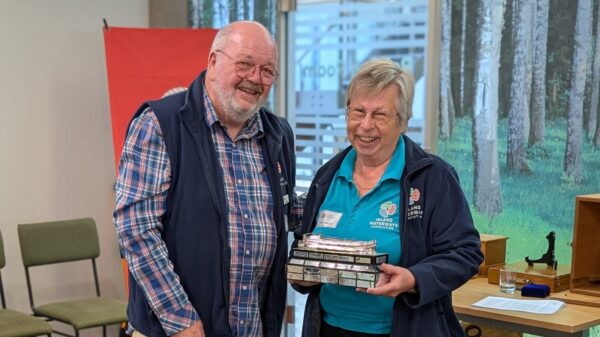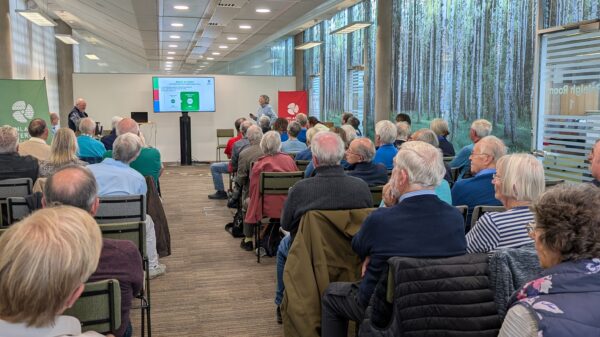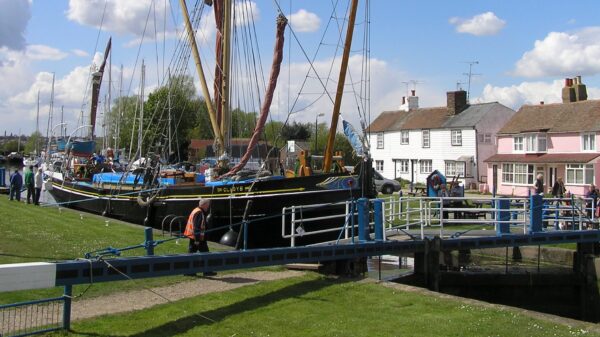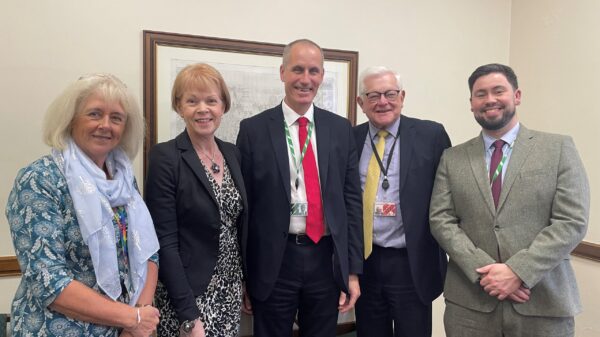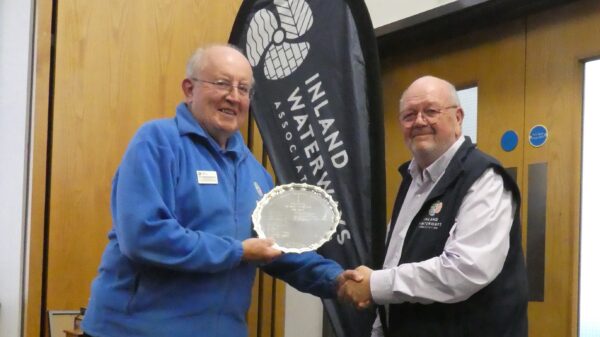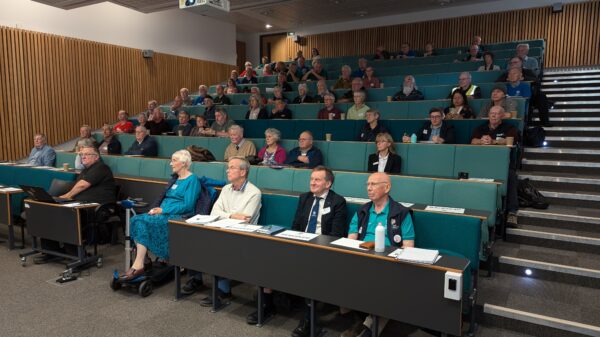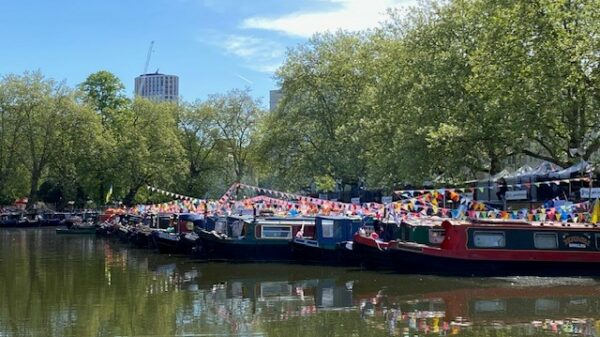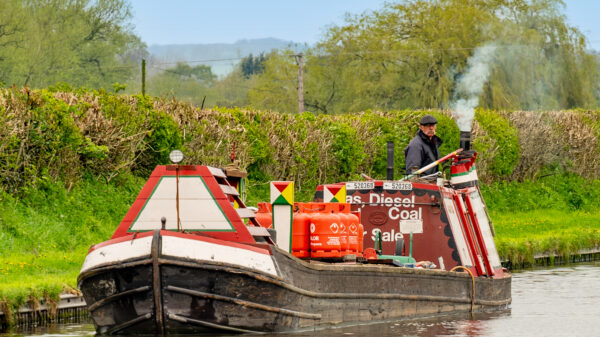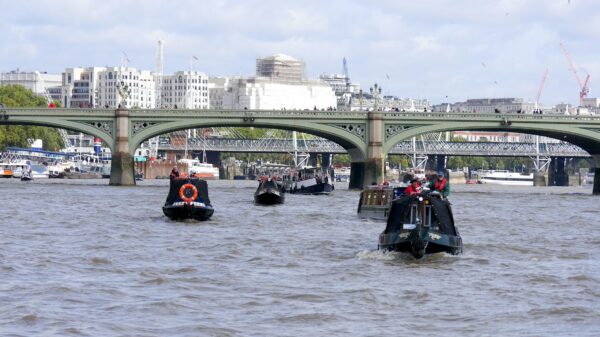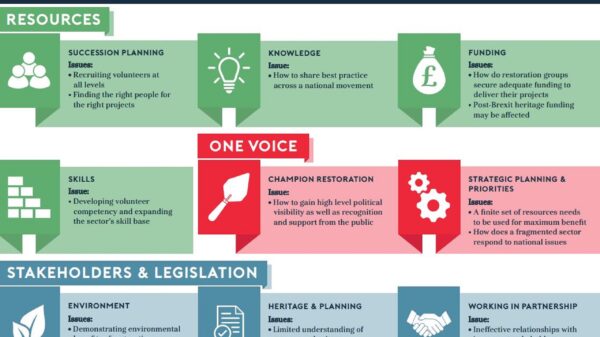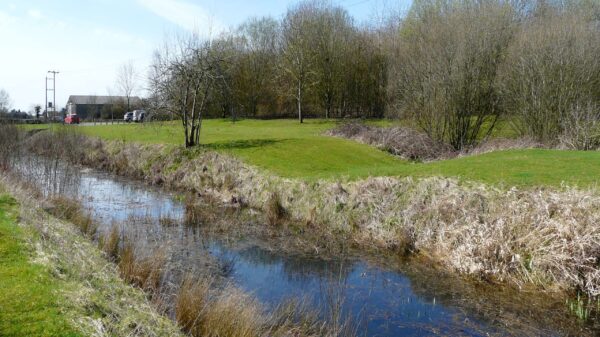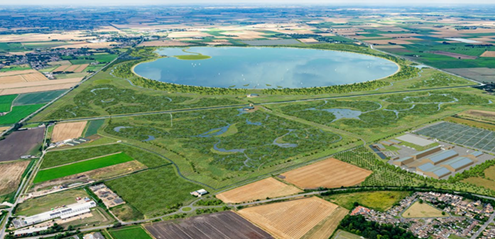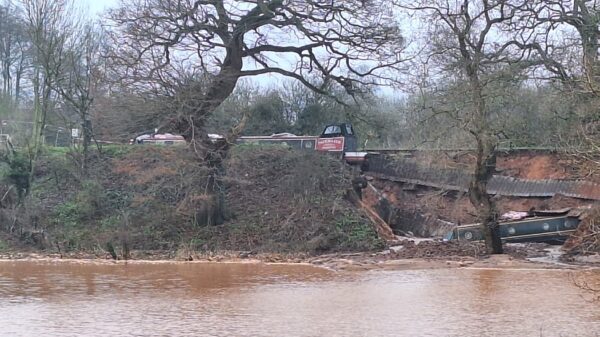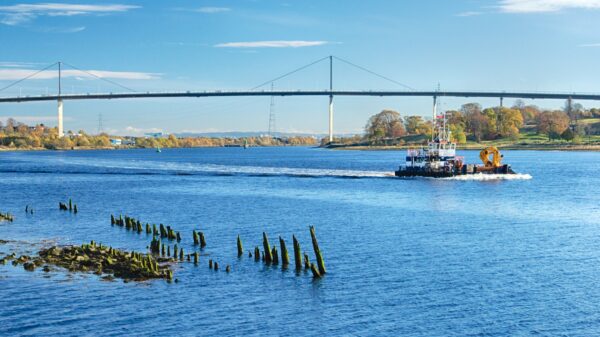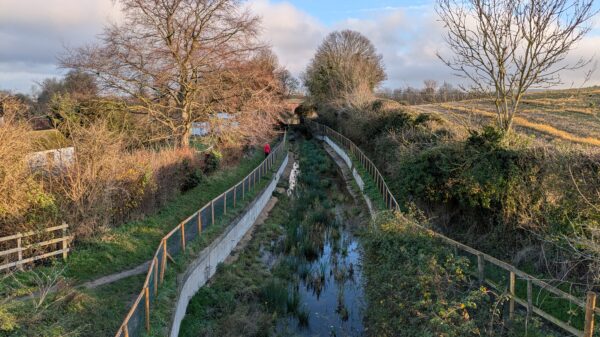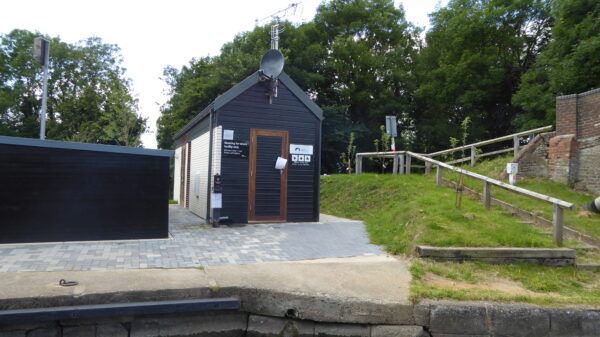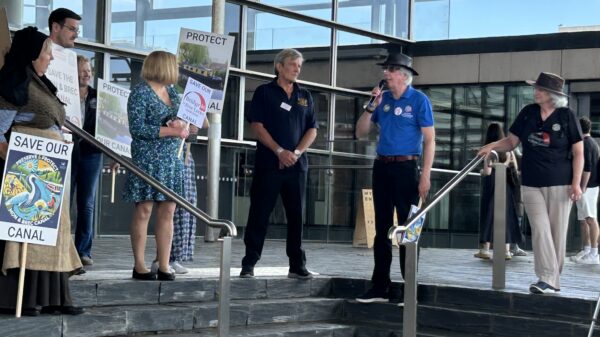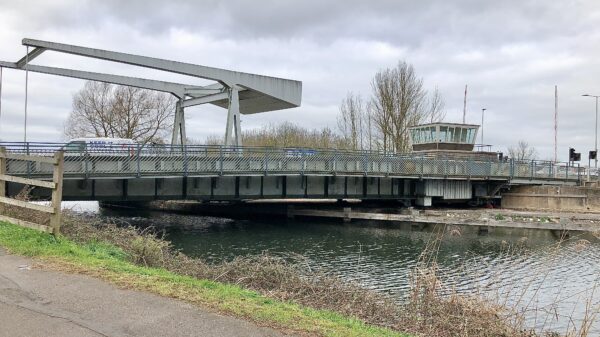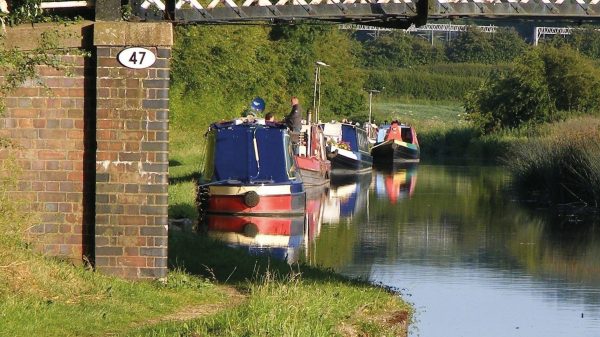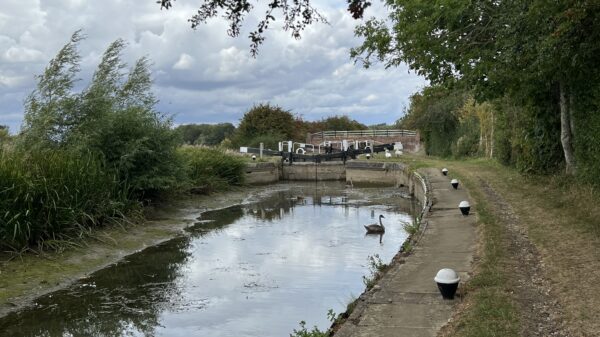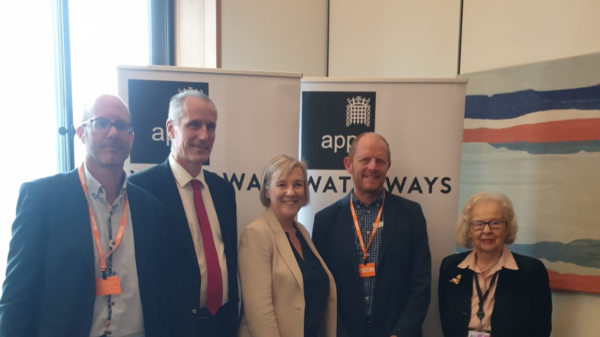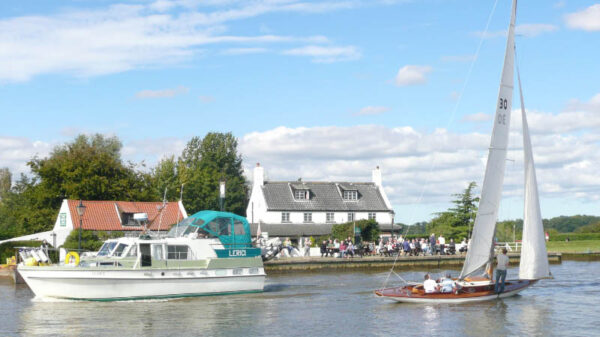The UK’s rivers and canals are home to thousands of boats, from leisure cruisers to working barges delivering freight. They are also vital green-blue corridors, enjoyed by millions of walkers, cyclists, and nature lovers. However, most boats still rely on fossil fuels. IWA wants boating to be more sustainable and even though the current overall contribution to UK carbon emissions from boats is very small, we want to help reduce emissions on the waterways.
This is why IWA’s Sustainable Boating and Freight Groups has submitted a representation to the Treasury, focusing on the need to review the supply and taxation of alternative fuels.
Why Change is Needed
- Environmental Benefits Moving towards cleaner energy will help protect wildlife and reduce pollution.
- Economic Impact Our waterways support over 133,000 jobs and contribute billions to the UK economy.
- Health & Wellbeing Active use of canals and rivers improves public health, saving the NHS over £1 billion annually due to the health benefits of active waterway use
Challenges to Greener Boating
While new boats are being built with electric or hybrid engines, most existing boats still run on diesel. Alternative fuels like Hydrotreated Vegetable Oil (HVO) are cleaner but remain stubbornly expensive and difficult to access. Bankside charging infrastructure for electric boats are also limited.
What Needs to Happen?
To make sustainable boating a reality, we are calling for:
✔ Affordable, cleaner fuel Tax incentives and better availability of HVO fuel.
✔ More charging points Investment in bankside charging for electric and hybrid boats.
✔ Joined-up government support A clear strategy that helps boaters transition to net zero without unnecessary cost and complexity.
The case for government action has only grown. By simplifying the fuel supply landscape, investing in infrastructure, and ensuring a coordinated policy approach, the Government can bring in a fair and practical transition towards net zero for leisure and commercial inland boating.

